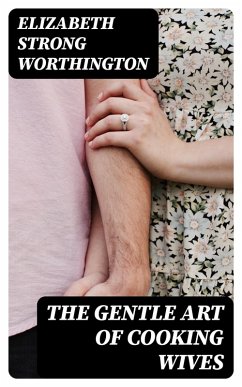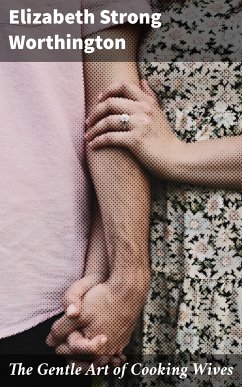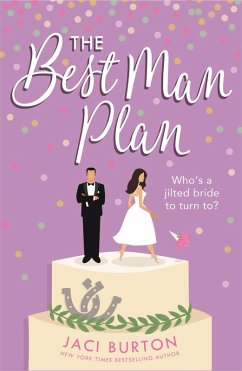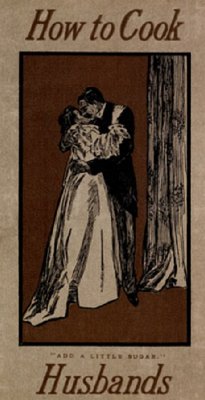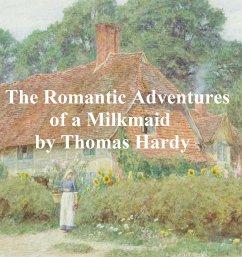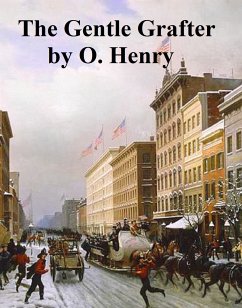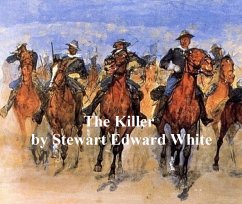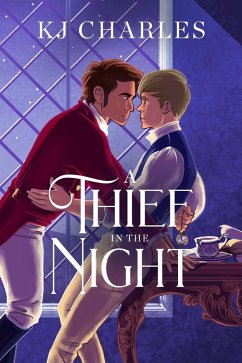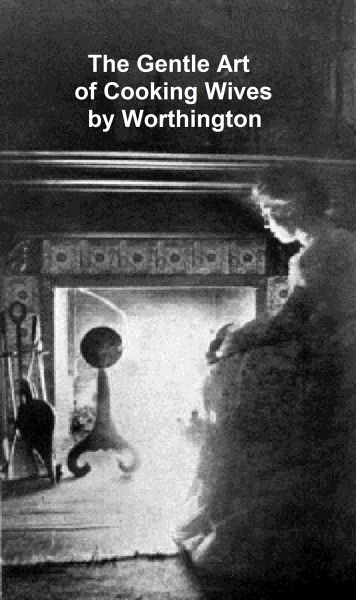
The Gentle Art of Cooking Wives (eBook, ePUB)
Versandkostenfrei!
Sofort per Download lieferbar
0,91 €
inkl. MwSt.
Weitere Ausgaben:

PAYBACK Punkte
0 °P sammeln!
Humorous novel, first published in 1900. "If a wife is allowed to boil at all she will always boil over." According to Wikipedia: "Elizabeth Strong Worthington (1888 - 1908) was a popular American writer during the latter part of the 1800s. Her first books "When Peggy Smiled: A Love Story" and "The Biddy Club", were published in 1888. Her next works "The Little Brown Dog" and "How to Cook Husbands" (arguably her most popular work), came along in 1898, and her final book was "The Gentle Art of Cooking Wives" in 1900. She sometimes wrote under the pen name Griffith A. Nicholas."
Dieser Download kann aus rechtlichen Gründen nur mit Rechnungsadresse in A, B, BG, CY, CZ, D, DK, EW, E, FIN, F, GR, H, IRL, I, LT, L, LR, M, NL, PL, P, R, S, SLO, SK ausgeliefert werden.




